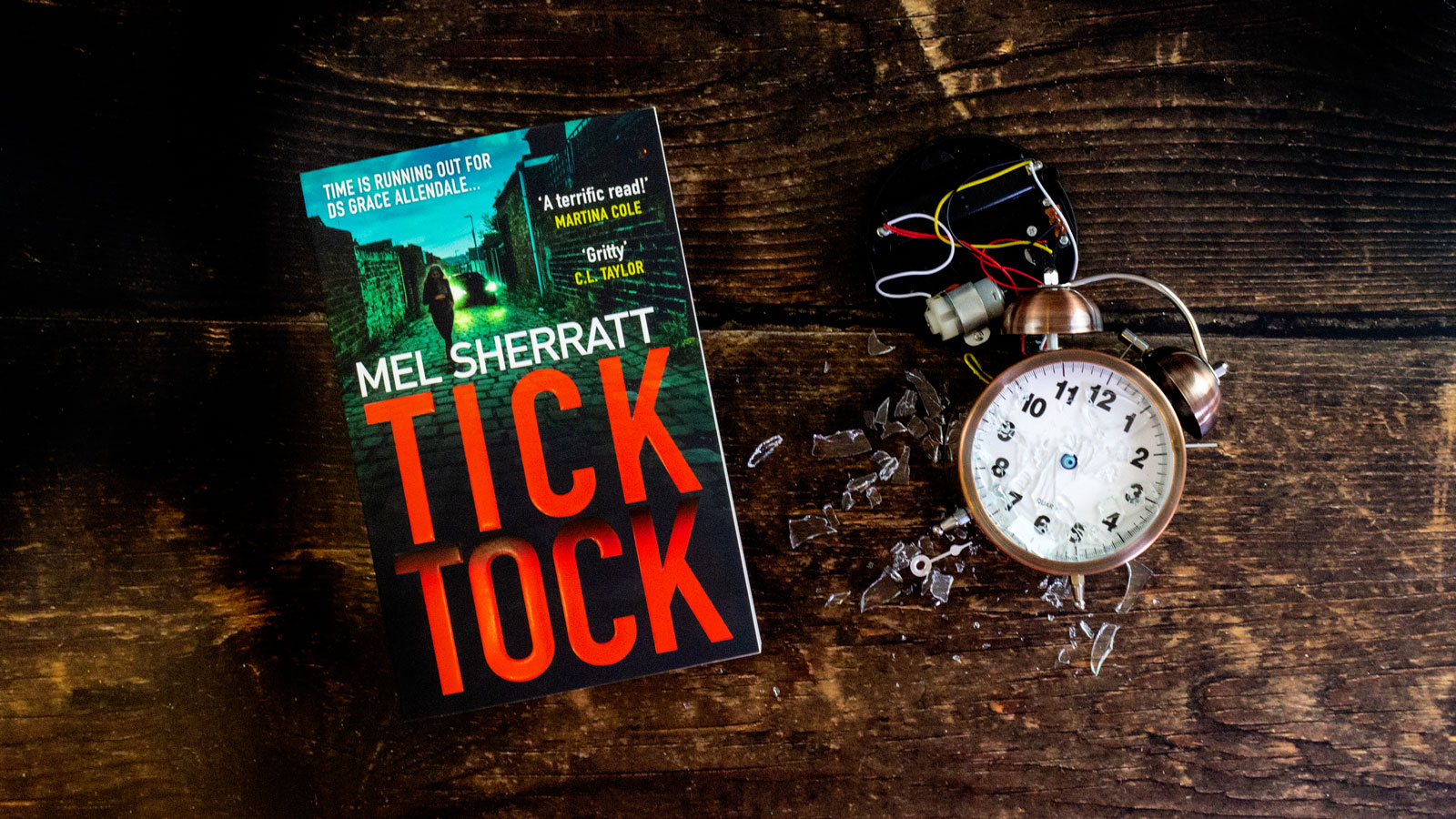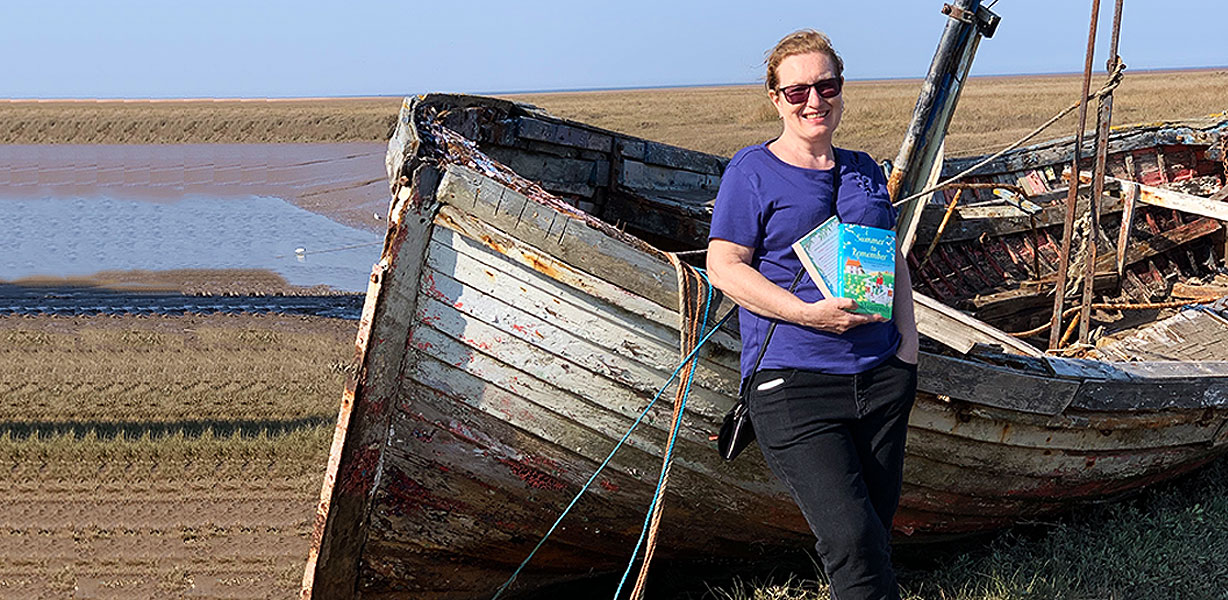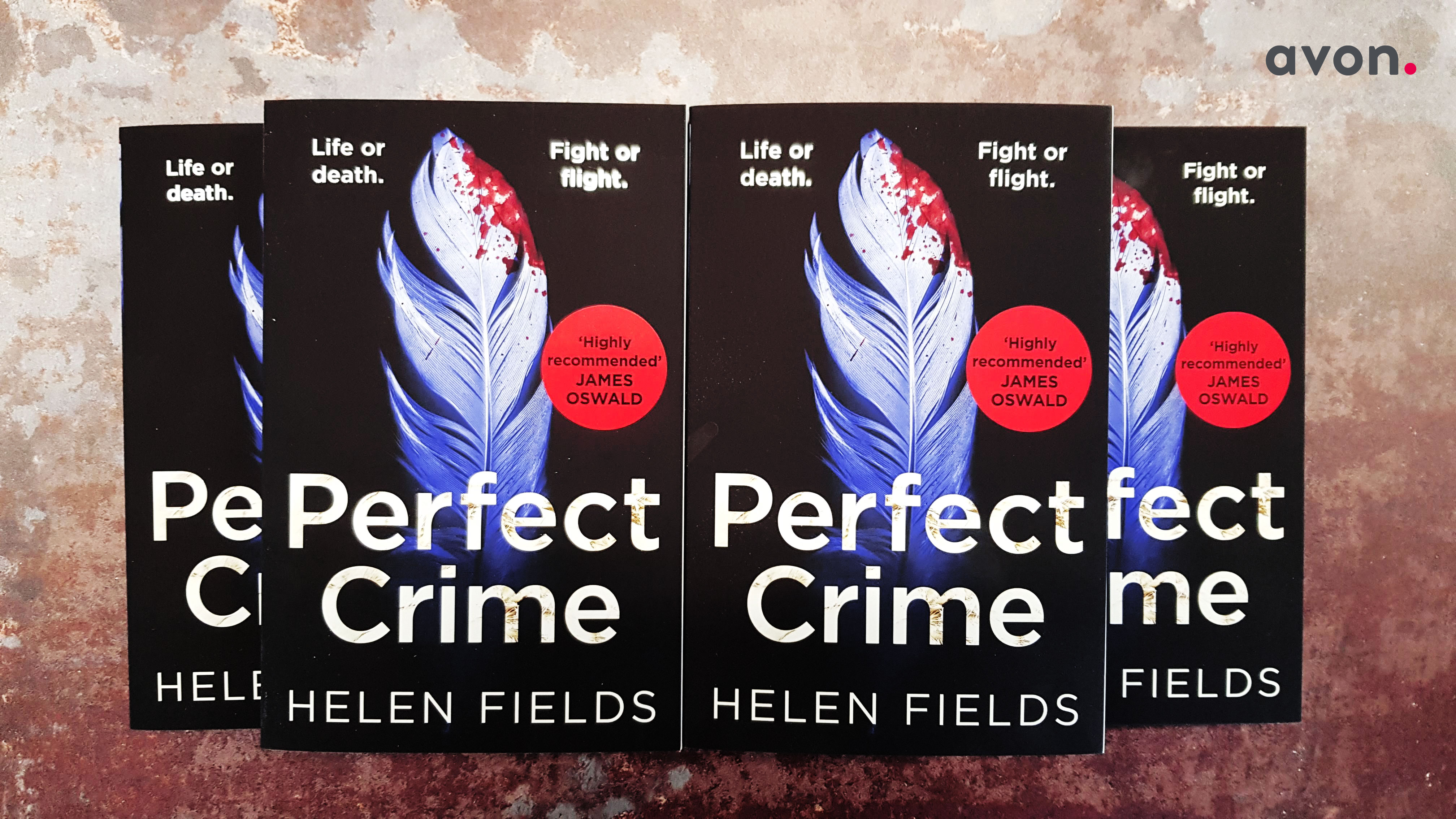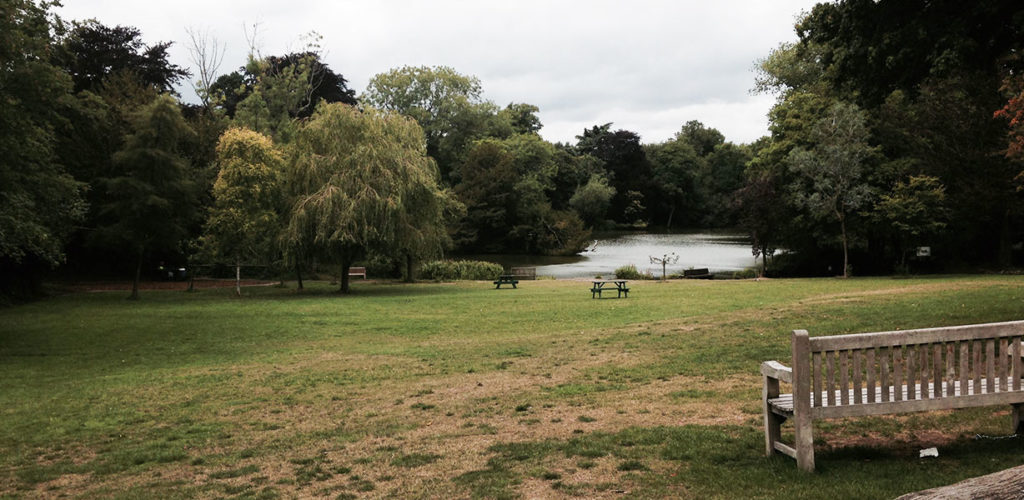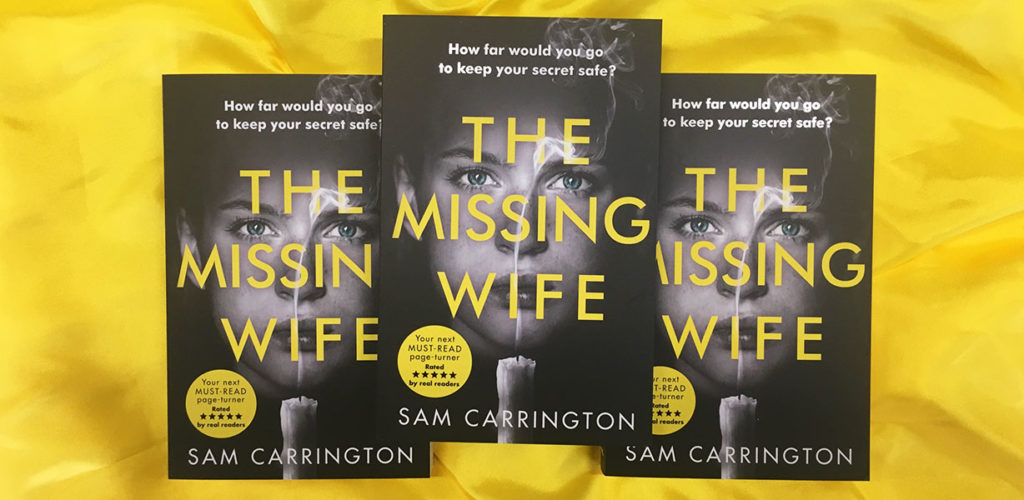When I chat to other authors, the biggest challenge isn’t a massive plot hole they’ve just encountered or an impending deadline. It’s how they can market their work effectively without eating too much into their writing time.
I know how they feel. There is so much out there for us authors to get our heads around, especially when it comes to social media. Where on earth do I start?! I remember thinking. What works, what doesn’t?
After 5 years of being published, I think I’ve finally cracked it. So here are my 5 commandments to building an author brand without losing your mind…
- Research
I think it’s so important for authors to get to grips with where they sit in the book market. This is what ‘branding’ is all about. It might seem obvious. But actually, after a bit of research, you might be surprised. The first thing I tell authors to do is look at their reviews. Even if you just select the four and five-star reviews on Amazon, you’ll learn something. I learned those readers who truly loved my writing adored the women’s fiction elements of my novels, comparing me to the likes of Jodi Picoult and Nora Roberts. Problem is, as my novels always carry an edge of mystery, I’d wrongly focused on the thriller element in my marketing with dark moody vibes. It was time to change…
2. Web presence
Using what I learnt from my research, I was able to really drill down to the best ways to represent myself online visually and through the key words I used. I updated my author photo and my website to reflect a lighter beach vibe (see www.tracy-buchanan.com). But I didn’t spend too much money or time on my website, as I had in the past. I think authors can be a bit obsessed about having all-singing, all-dancing websites when actually, what’s more important is their social media presence and the graphics we share on those platforms. And what’s really important is having updated on-brand bios on places like Amazon, GoodReads and BookBub.
3. Facebook focus
I think some authors also focus their attention too much on Twitter to engage readers. It’s not really where you’ll find your core readers if you’re a commercial fiction author. Facebook is. And while Twitter is great for connecting with other authors (see my next point) when it comes to your author brand and connecting with your readers, then you have to be on Facebook in my opinion! And I don’t mean by posting static posts about your novel. The key here is engaging your readers. The head of Facebook, Mark Zuckerberg, made a really interesting announcement back in January about a new focus on meaningful social interactions. As a result, many authors have noticed their posts don’t show up as much in people’s timelines. How to address this? Engage, engage, engage! The more comments you get, the more likely your posts will show in people’s timelines. I find posing questions to readers is a great way to do this (‘what are you reading at the moment?’ ‘Who are your favourite authors?’).
Check your stats too on Facebook (found under the ‘insights’ tab if you have an official author page). You can order posts according to which ones are the most engaging to get an idea of what your readers like to see from you. You need only post once or twice a week. What’s more important is that you’re spending time each day replying to and liking comments. Check out what I do at www.facebook.com/TracyBuchananAuthorAnother step I took on Facebook was to set up a Facebook group with two authors who write in a similar genre to me (again, my research coming in useful!). Groups get much more traction on Facebook thanks to Zuckerberg’s focus on social interactions and building communities. And boy, does it show as The Reading Snug is such a vibrant busy group! [Link: https://www.facebook.com/groups/TheReadingSnug]
4. Twitter influencers
As I said above, my focus on Twitter is mainly about engaging with what I call ‘influencers’: other authors and bloggers. So I focus my efforts on that. Armed with the knowledge I gleaned from my research, I’ve been able to seek out authors and bloggers who write in my genre. Using the Twitter lists function, I can easily keep track of their posts above the thousands that speed through my timeline each day, engaging with them through likes and responding to their tweets if appropriate…. without stalking them! That engagement is now beginning to pay off with lots more authors retweeting my stuff plus I’ve had some really fantastic blurbs about The Lost Sister too. Read them here: https://amzn.to/2Nbk68k
5. Write more
There’s no better marketing than writing another book. The more books you have out, the bigger your backlist and chances of attracting more readers. So while all this marketing is fab, it shouldn’t take too much away from your writing. By getting a clear focus, I’ve been able to get myself into a nice little routine each month, spending about half a morning a month creating ‘on-brand’ social media graphics and scheduling Facebook and Twitter posts. Then each day, I make sure I spend 30 minutes checking my Twitter lists and responding to readers. Less than a day a month on routine marketing isn’t bad, right?
I hope this helps! For more information, I run a blog for authors at www.thisauthorcan.com and any of you reading this who are published can request to join the Savvy Authors’ Snug on Facebook https://www.facebook.com/groups/SavvyAuthorsSnug/



